Few people are predicting that 2019 will be a record-breaking year for home prices.
But relatively speaking, 2019 might be the best time for you to put your house on the market. Especially if you’re on the fence about selling this year or next, Nick Ron, CEO of House Buyers of America, recommends going with the devil you know rather than the devil you don’t.
“I think it’ll be better than 2020 and 2021 – who knows what’s going to happen in those years,” Ron says.
RELATED CONTENT

Home price growth slowed in the second half of 2018, with fewer buyers entering the market, at least partially due to rising interest rates issued by the Federal Reserve. In 2019, consumers shouldn’t expect homebuyers to flood the market again and drive prices through the roof, but it’s also unlikely to be a crisis for home sellers.
If you bought your house in the last year or two, still love it and don’t want to part with it, go ahead and wait another five years before revisiting the thought of selling. But if you’re weighing your options to sell, considering selling this year or maybe the year after, don’t play the waiting game.
Here are four reasons to sell your house in 2019:
- New buyers are still entering the market.
- Interest rates are still on the lower end.
- You have high equity.
- Selling now will be better than waiting till 2020.
New Buyers Are Still Entering the Market
As interest rates rise, some buyers will hesitate to make an offer on a home or apply for a mortgage, so be ready to see occasional drops in buyer activity. And if your house is at the higher end of the price range in your market, you should expect less buyer interest than before. Ron notes the combination of rising mortgage rates and home prices exceeding buyers’ budgets are what has caused the slowing of homebuyer activity in recent months.
But with available housing inventory remaining low, even with rising interest rates, buyers who are ready to make a purchase will still shop for homes. The biggest wave of new homebuyers will be among millennials, who are mostly first-time buyers. In a Harris Poll survey of 2,000 U.S. adults commissioned by real estate information company Trulia, more than one-fifth of Americans between ages 18 and 34 said they plan to buy a home within the next 12 months. Already, millennials make up the largest share of homebuyers at 36 percent, according to the National Association of Realtors, which released the number in March 2018.
The bottom line: While houses may sit on the market for a few more days on average compared with 2017 when the market was white-hot, buyers remain active and it’s still possible to profit from your home sale.
Interest Rates Are Still Low-ish
Mortgage interest rates have been on a bit of a bumpy road over the last few months. Interest rates for a 30-year, fixed-rate mortgage reached their highest level in over seven years in November 2018, when they hit 4.94 percent, according to Freddie Mac. As of the end of February 2019, however, interest rates are down slightly to 4.35 percent, according to the mortgage loan company. While it’s reasonable to expect mortgage rates to continue to climb gradually throughout the next year, they’ll remain much lower than the historic high of more than 18 percent in 1981.
It’s important to keep in mind that while mortgage rates tend to mirror the Fed’s interest rate activity, mortgage rates are based on the market in that moment, your financial status and the property you’re looking to purchase.
Just because the Fed raises rates at one meeting doesn’t mean mortgage rates will follow that exact pattern. “Not every Fed increase is passing on (to) a mortgage rate,” says John Pataky, executive vice president and chief consumer and commercial banking executive at TIAA Bank.
A sudden leap in mortgage interest rates is unlikely in 2019, though Pataky notes that you should be ready to see rates continue to climb. “We do expect over the next 12 months that mortgage rates will continue to drift higher,” he says.
If you’re looking to get the lowest interest rate possible on your next house, try to make a deal sooner rather than later.
You Have High Equity
Homeowners who bought during the recession or shortly after benefitted from historically low interest rates and, up until around 2015, lower home prices that were still in recovery mode. If you fall into that category, your home equity has risen with nearly every mortgage payment, each renovation you made to the house and all the other houses on the block that sold for a higher price.
The higher your equity in your home, the more you net from the sale, which can easily go toward the down payment on your next house. The larger your down payment, the better you look to lenders and the lower your interest rate will be, and the less likely you’ll need to increase monthly payments with private mortgage insurance.
Selling in 2019 vs. 2020
If not selling your home in 2019 means putting your house on the market in 2020, the sooner option is the best one. In a survey of 100 U.S. real estate experts and economists by real estate information company Zillow, released in May, almost half expect the next recession to occur in 2020. Another 14 percent believe the recession will hold out until 2021, while 24 percent of panelists expect the recession earlier – sometime in 2019.
Whether you believe the recession is imminent or a long way off, current real estate patterns indicate a sudden upswing in activity or prices is unlikely in the near future. Real estate markets tend to operate on a cycle of their own, the length of which varies by market but can be between 10 and 16 years total and flow from a seller’s market to a buyer’s market with a period of balance in between.
“It doesn’t look like there’s anything on the horizon that’s going to cause a big spike in home prices or increase demand dramatically,”
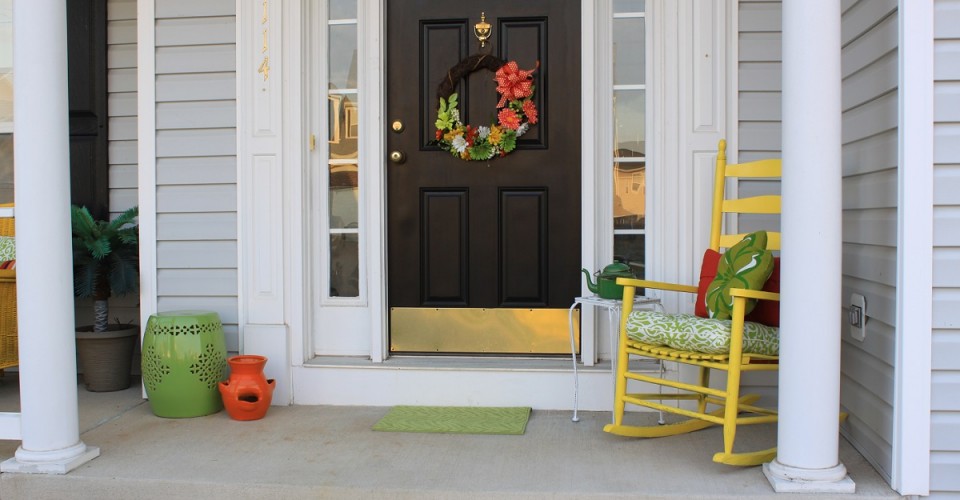
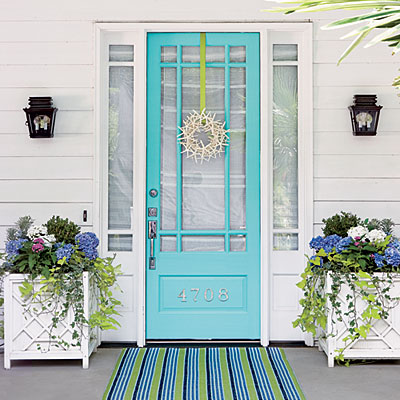
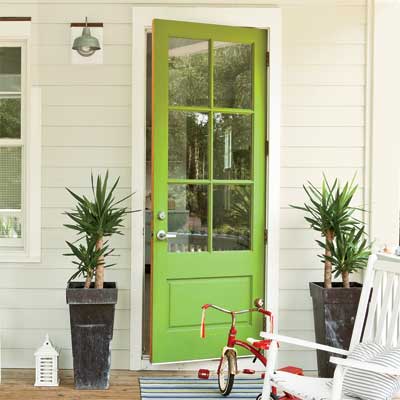
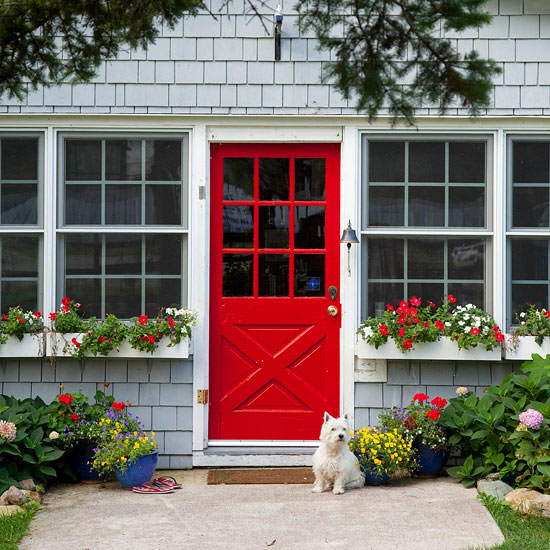

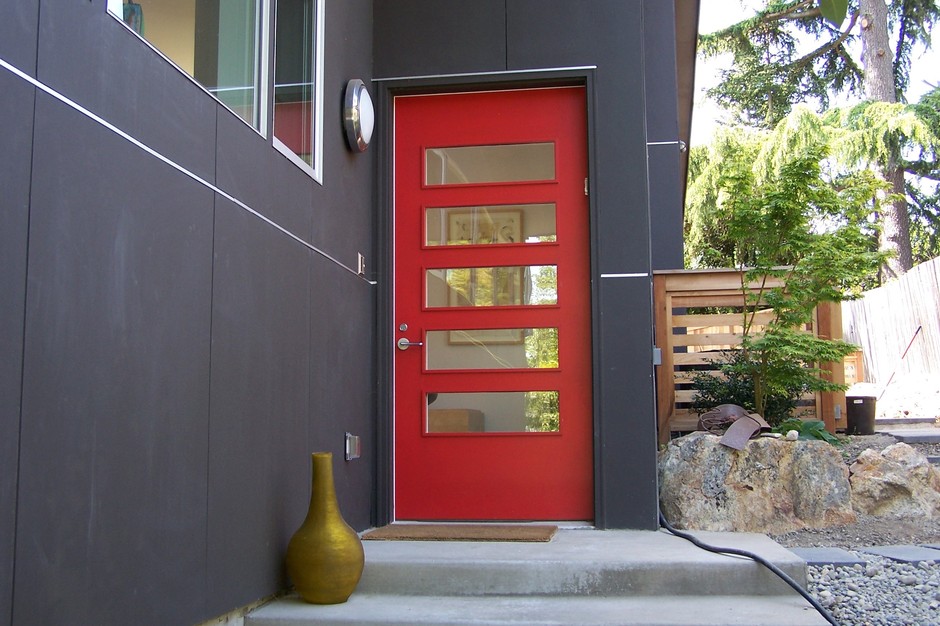
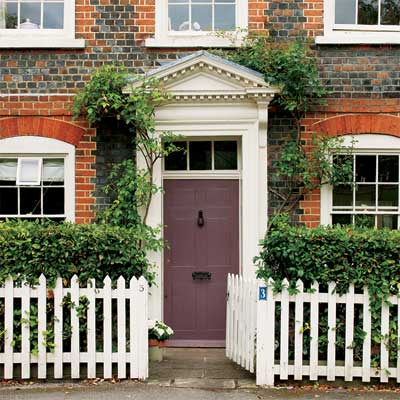

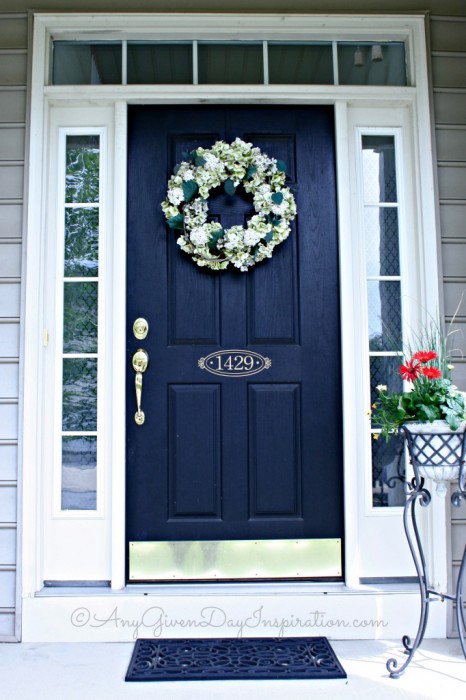
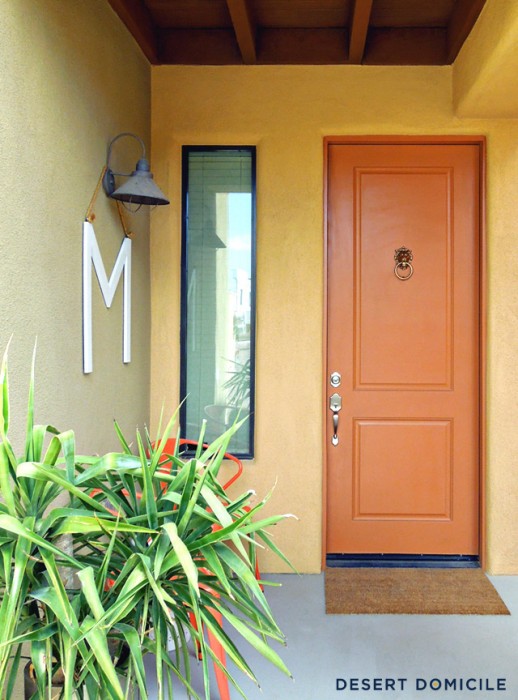
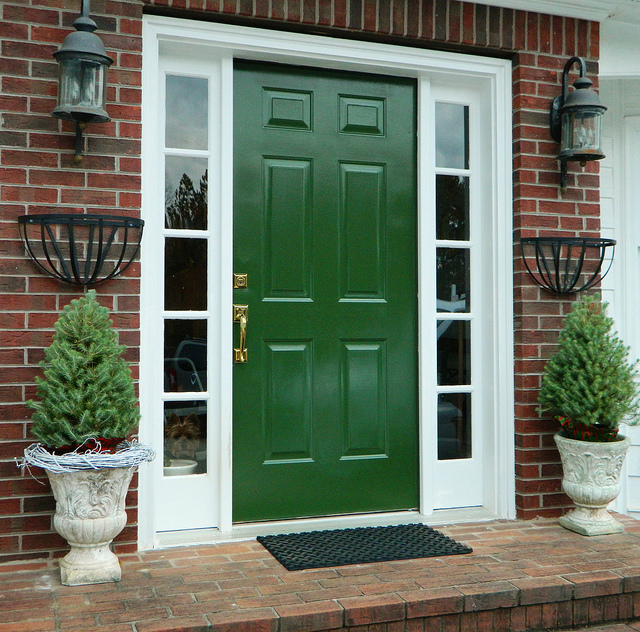
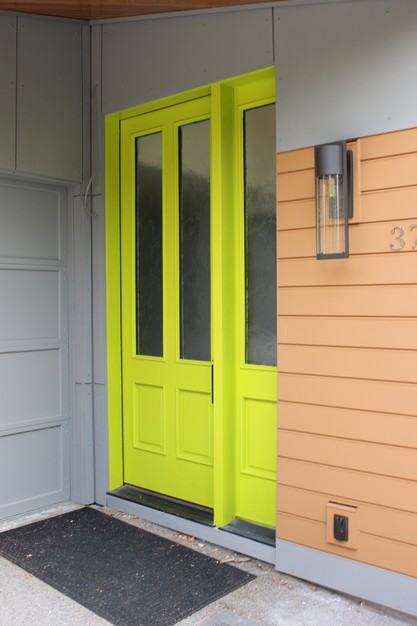
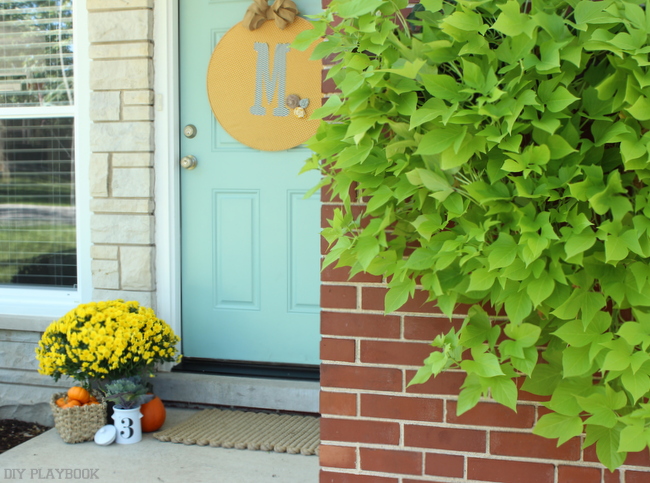
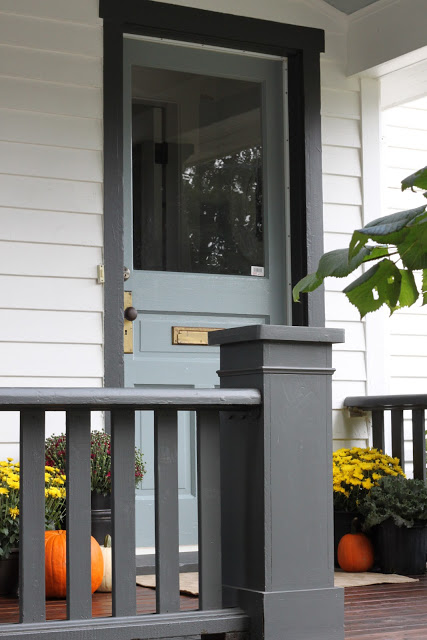









×